The seminar to collect comments on the draft Law on Higher Education (amended) was held at Thanh Hoa University of Culture, Sports and Tourism.
Recently, the Ministry of Education and Training has posted the draft Law on Higher Education (amended) on the Ministry's electronic information portal to collect comments according to regulations and is completing the final contents to submit to the Government.
The draft Law on Higher Education (amended) consists of 9 chapters and 54 articles. The draft law codifies 6 major policy groups including: Improving the effectiveness of State management, creating an advanced university governance system; modernizing training programs and methods, applying advanced technology and promoting lifelong learning; positioning higher education institutions as centers of research and innovation associated with training high-quality human resources; enhancing resource mobilization and improving the efficiency of investment in modernizing higher education, international cooperation on equal terms; developing a team of excellent lecturers and scientists and a creative and honest academic environment; innovating approaches, ensuring substance in the work of ensuring the quality of higher education.
According to Associate Professor Dr. Le Thanh Ha, Principal of Thanh Hoa University of Culture, Sports and Tourism (VHTT&DL), “The 2012 Law on Higher Education and the 2018 Law on Amendments and Supplements to a Number of Articles of the Law on Higher Education have created a solid legal foundation for the process of innovation and development of higher education towards improving quality, ensuring autonomy and international integration. However, in the context of streamlining the administrative apparatus, digital transformation and innovation in university governance, higher education is facing many new requirements on improving training quality, promoting research and innovation. Therefore, it is necessary to continue to improve the legal system to meet the goals of sustainable development and modernization of higher education in the new era. As a public higher education institution, the school's viewpoint is to support the organization and implementation of amendments to the Law on Higher Education to suit the new context and situation”.
Sharing at the discussion to collect comments on the draft Law on Higher Education (amended) held at Thanh Hoa University of Culture, Sports and Tourism recently, Dr. Nguyen Dac Trung, Chairman of the Council of Thai Nguyen University of Medicine and Pharmacy said: "In the process of summarizing the Law on Higher Education 2018, the model of university councils and member councils at universities has many shortcomings, overlaps and conflicts in authority". Mr. Trung proposed that, in addition to perfecting the law, there should be specific and clear guiding documents on the position, role and authority of the university council and member council.
Giving his opinion at the discussion on the draft Law on Higher Education (amended) and Law on Vocational Education (amended) organized by the Association of Vietnamese Universities and Colleges in early August 2025, Associate Professor, Dr. Le Viet Bau, Chairman of the University Council of Hong Duc University, highly appreciated the role of Resolution 29-NQ/TW on fundamental and comprehensive innovation in education and training, especially the autonomy mechanism that has helped higher education achieve many important steps forward. According to Associate Professor, Dr. Le Viet Bau, at higher education institutions, the relationship between the Party Committee and the University Council is currently revealing many shortcomings. Therefore, there needs to be a mechanism to clearly distinguish between the leadership function of the Party Committee and the governance function of the University Council.
Associate Professor Dr. Le Viet Bau also said that the current status of the school council's authority has not been fully utilized. One of the reasons is that the external members of the school council are mostly appointed by the principal, lack independence and are not attached to clear responsibilities. This makes the role of criticism, supervision and strategic advice for the school become unclear and ineffective. Therefore, it is necessary to legalize documents to ensure a clear legal basis for implementation.
The 2025 revised Law on Higher Education is a legal document of strategic significance for the development of higher education in our country in the new context. To ensure that the provisions of the revised law are close to the needs of higher education institutions, while contributing to the construction of a sustainable education system, in line with the requirements of innovation, the contributions of lecturers, managers, higher education institutions, authorities, etc. are extremely important, and are expected to comprehensively innovate education and training in the coming time.
Article and photos: Linh Huong
Source: https://baothanhhoa.vn/luat-giao-duc-dai-hoc-nbsp-tu-mong-doi-den-hanh-dong-chinh-sach-258117.htm





![[Photo] National Assembly Chairman Tran Thanh Man chairs the 8th Conference of full-time National Assembly deputies](https://vphoto.vietnam.vn/thumb/1200x675/vietnam/resource/IMAGE/2025/9/29/2c21459bc38d44ffaacd679ab9a0477c)
![[Photo] Many streets in Hanoi were flooded due to the effects of storm Bualoi](https://vphoto.vietnam.vn/thumb/1200x675/vietnam/resource/IMAGE/2025/9/29/18b658aa0fa2495c927ade4bbe0096df)
![[Photo] General Secretary To Lam attends the ceremony to celebrate the 80th anniversary of the post and telecommunications sector and the 66th anniversary of the science and technology sector.](https://vphoto.vietnam.vn/thumb/1200x675/vietnam/resource/IMAGE/2025/9/29/8e86b39b8fe44121a2b14a031f4cef46)
![[Photo] General Secretary To Lam receives US Ambassador to Vietnam Marc Knapper](https://vphoto.vietnam.vn/thumb/1200x675/vietnam/resource/IMAGE/2025/9/29/c8fd0761aa184da7814aee57d87c49b3)
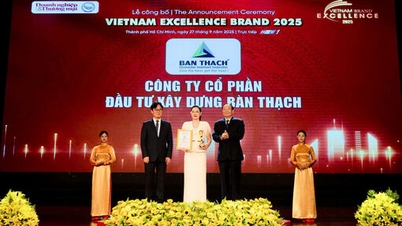



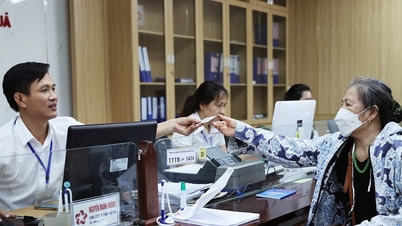



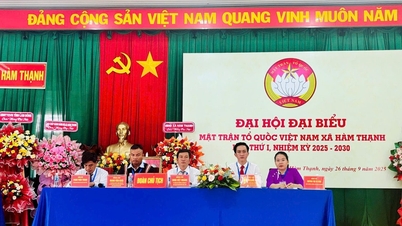

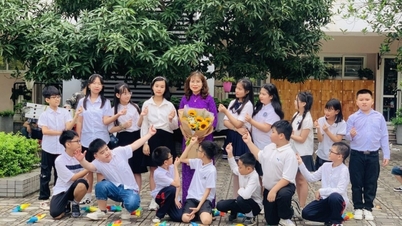





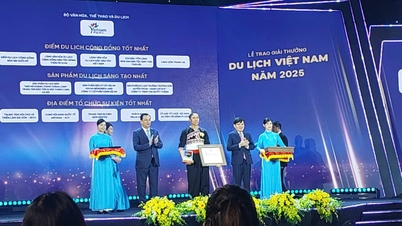

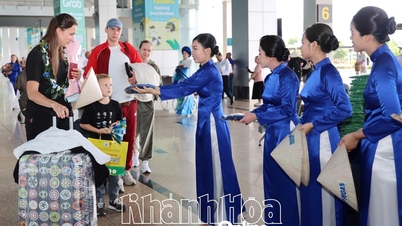

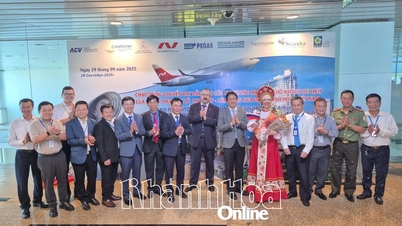











































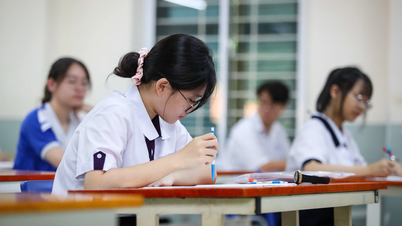
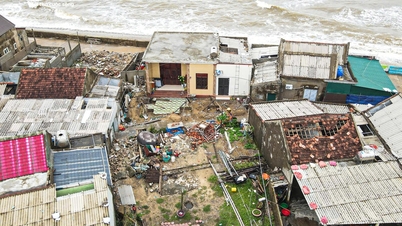
















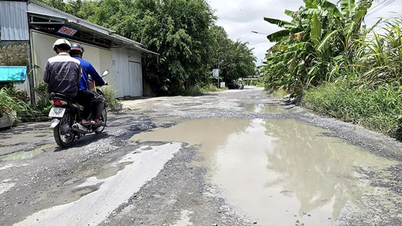

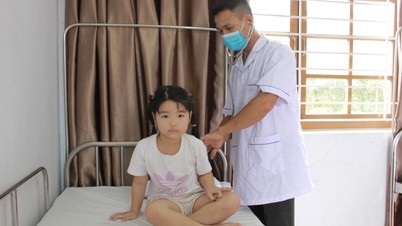














Comment (0)